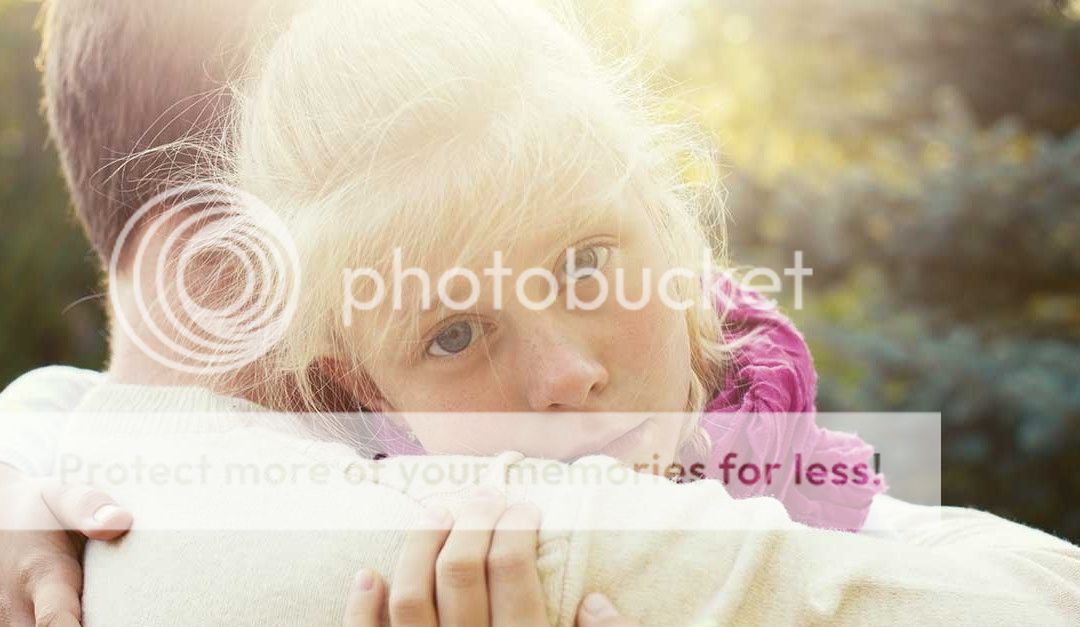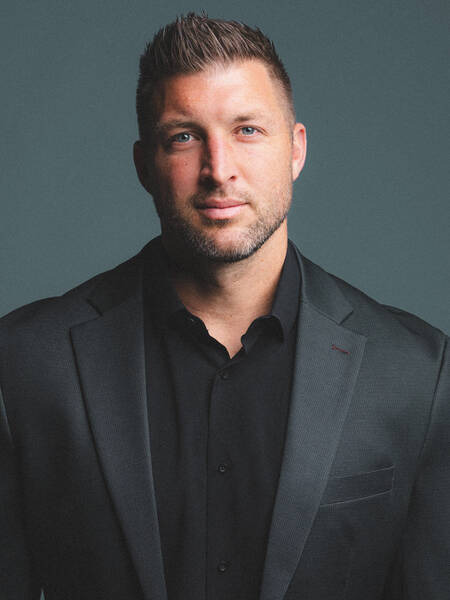Fixing the Damage Done From Yelling at Your Kids

September 20, 2016
Meg Meeker
The Wisdom of a Pediatrician. The Heart of a Mother
Let’s face it. We’re all guilty of saying things to our kids that we’d give anything to take back. And worse, many of us have yelled nasty things too. So is there anything we can do to make up for hurting our kids this way? Yes. Let’s take a look at how to make amends.
Own the Guilt. One of the hardest things for a parent to do is admit to really hurting our children. It’s easier to simply believe that our words didn’t cut as deeply as they did. This is the worst thing you can do. Own up to hurting your child deeply.
If you pretend that your words didn’t hurt that badly, your children will feel that you aren’t sincere.
Ask for forgiveness. It is important to tell your child that you are sorry, but don’t stop there. Ask him to forgive you for saying something cruel and wrong. Tell him that you said something that you didn’t mean because you were angry, not because you believe it.
Don’t be vague. When you say something mean, follow up with, “Please forgive me for calling you _____.” Or whatever you said. Being specific is important to a child because it lets him know that you really understand how wrong you were and how much you hurt him.
Be persistent. Most children don’t want to forgive a parent right away because they’re hurt. If your child tells you he doesn’t want to accept your apology, don’t get angry, ask him again one week later. It is important to give your child time to get over the offense you committed.
If the hurt was really bad and occurred over several years, your child will take longer to forgive you. This stems from the fact that he doesn’t know if he can trust you to be sincere. He wants to know he can trust you not to hurt him again if he forgives you.
Tell him you will work on change. Make a verbal commitment to your child to work hard on changing the way you speak.
If you yell, tell her that you will work hard on stopping the yelling. If you call names, swear, whatever, be specific about what you intend to change and tell this to your child.
Also, ask your child to let you know if you are slipping. Keeping your “problem” out in the open helps diffuse the power that it has over your children to hurt them. Things kept in secret feel bigger.
Ask for adult help and accountability. If you struggle with a lot of anger that doesn’t go away, get help. Find a counselor and do the work necessary to get your anger under control.
Parental anger spills onto children and causes deep hurts that will affect their self-esteem, sense of value and how much they feel loved. Ultimately, a parent’s uncontrolled anger will have long-lasting effects on children, and there is absolutely no reason for this—ever.
Your job as a good parent is to keep your issues on your shoulders and not let them spill over onto your kids.
It’s tough, but any parent can do it. You just might need a little help.
If you don’t feel that your level of anger warrants professional help, then talk openly with a friend about it. Tell them that you would like to be accountable to them regarding how well you are doing getting it under control.
You can’t undo the past. What you’ve said is out there. But you can choose how you respond to what you’ve said or done. Ask for forgiveness. Promise to do better. Get some help. These simple acts will go a long way.
Source: Dr. Meg Meeker
Want to bring Dr. Meeker to your next event? Let us know here. We'd love to help make it happen!









